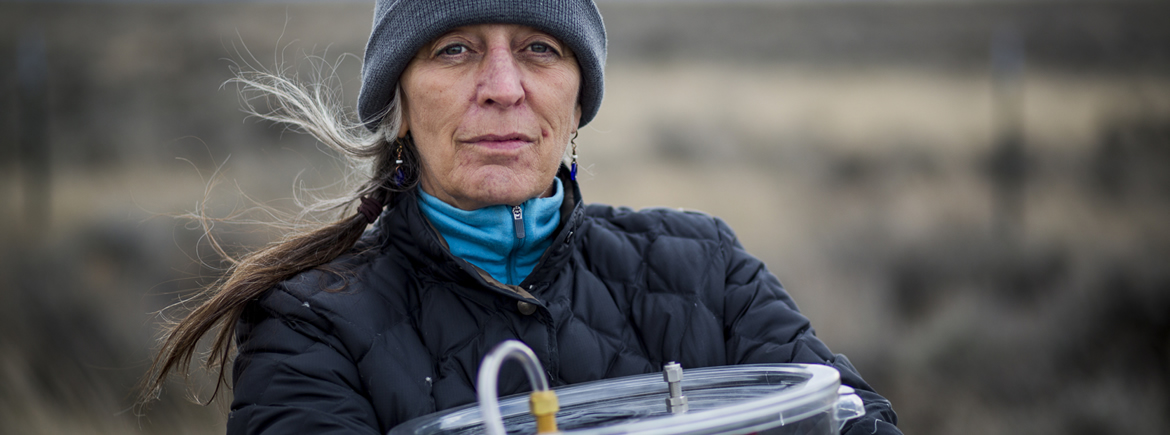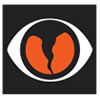

 Citizen scientists track air and water pollution at fracking sites in windswept Wyoming as well as idyllic East Coast trout streams. Community members connect with professional researchers to crack Flint’s drinking water crisis and now the same is happening in Philadelphia, New Orleans and other cities. In China, citizens use government data and a unique mobile app to report environmental crimes. A “Heat Action Plan” in Ahmedabad, India, translates satellite data into weather alerts about killer heat waves, using WhatsApp to get citizens prepared.
Citizen scientists track air and water pollution at fracking sites in windswept Wyoming as well as idyllic East Coast trout streams. Community members connect with professional researchers to crack Flint’s drinking water crisis and now the same is happening in Philadelphia, New Orleans and other cities. In China, citizens use government data and a unique mobile app to report environmental crimes. A “Heat Action Plan” in Ahmedabad, India, translates satellite data into weather alerts about killer heat waves, using WhatsApp to get citizens prepared.The first of its kind, the Citizen Science Academy Online is intended to be a complete professional development resource for educators and will include online courses, modules, tutorials, and a virtual community of practice.
This collection of resources supports your subject knowledge and teaching of primary chemistry, including the linking of science with cross-curricula topics, with resources that detail investigations to run with your class.
Digital Earth Watch (DEW) brings together biology, physics, chemistry, technology, art, engineering, and math in a project that supports environmental science field studies in middle schools, high schools, self-guided education, and citizen science.
The GLOBE Teacher's Guide is an online collection of background information, science protocols (data collection procedures), and learning activities organized by Earth spheres: Atmosphere, Biosphere, Hydrosphere, and Pedosphere (Soil). The science protocols are intended to be used as written, using instruments that meet certain specifications in order to ensure data accuracy worldwide.
A Public Television series about Citizen Science, Crowdsourcing and Mobile Tech.
Every observation can contribute to biodiversity science, from the rarest butterfly to the most common backyard weed. We share your findings with scientific data repositories like the Global Biodiversity Information Facility to help scientists find and use your data. All you have to do is observe.
The EarthEcho Water Challenge (formerly World Water Monitoring Challenge) is an international program that runs annually from March 22 (the United Nations World Water Day) through December and equips anyone to protect the water resources we depend on every day. The EarthEcho Water Challenge builds public awareness and involvement in protecting water resources around the world by engaging citizens to conduct basic monitoring of their local waterbodies.
An Earthwatch research project investigating the health of global freshwater ecosystems on a scale never seen before.
The National Severe Storms Laboratory’s (NSSL) Precipitation Identification Near the Ground (PING) project is looking for citizen scientists who can report on certain weather conditions—hail and winter weather, in particular—from the ground.
Public Lab is a community where you can learn how to investigate environmental concerns. Using inexpensive DIY techniques, we seek to change how people see the world in environmental, social, and political terms.
The GLOBE Program is an international science and education program that provides students and the public worldwide with the opportunity to participate in data collection and the scientific process, and contribute meaningfully to our understanding of the Earth system and global environment. Announced by the U.S. Government on Earth Day in 1994, GLOBE launched its worldwide implementation in 1995.
Help scientists recover Arctic and worldwide weather observations recorded in ship's logs since the mid-19th century.

The effects of severe weather are felt every year by many Americans. To obtain critical weather information, NOAA's National Weather Service (NWS), part of the U.S. Department of Commerce, established SKYWARN® with partner organizations. SKYWARN® is a volunteer program with between 350,000 and 400,000 trained severe weather spotters.